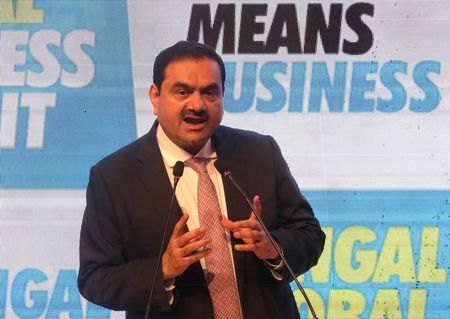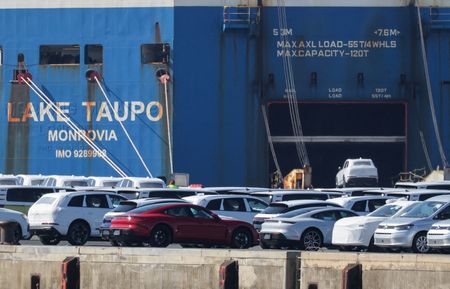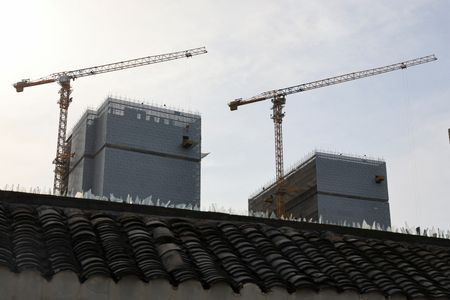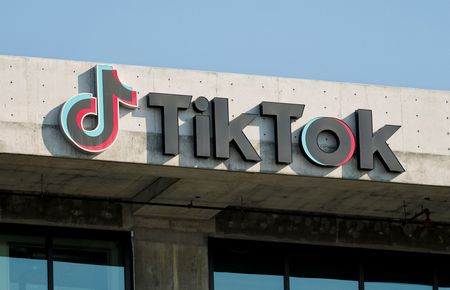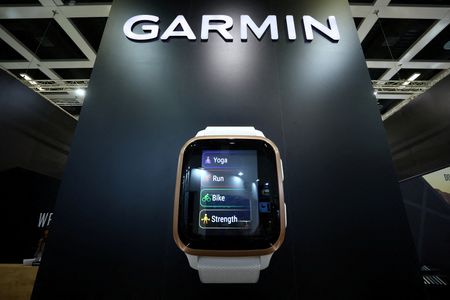By Munsif Vengattil and Aditya Kalra
BENGALURU/NEW DELHI (Reuters) -Indian billionaire Gautam Adani’s group has paused discussions with Israel’s Tower Semiconductor for a $10 billion chip project as it did not make strategic and commercial sense for the group, two people familiar with the matter told Reuters.
India’s western Maharashtra state in September announced approval for Adani and Tower to set up a facility which would produce 80,000 wafers per month and create 5,000 jobs, helping Prime Minister Narendra Modi’s ambition of making India a chipmaking hub.
Adani Group had previously said the project was being evaluated, but the talks with Tower have been now been put on hold after the Indian conglomerate’s internal evaluation found there was still uncertainty about how much demand – especially in India – the business can generate, said the first source with direct knowledge of the matter.
“It was more of a strategic decision. Adani evaluated it and decided, let’s wait,” said the source, adding there is a possibility talks can resume at a later date.
A second source briefed on the matter said Adani Group was not satisfied with the amount of financial contribution Tower was willing to make into the partnership, without disclosing details.
Tower was to provide technological expertise in the deal, but “Adani wanted Tower to have more skin in the game” in financial terms, the person added.
Adani and Tower did not respond to Reuters queries. The sources declined to be identified as the decision has not been made public.
The Israeli contract chipmaker makes analog and mixed-signal semiconductors used mainly in automobiles.
The re-think in plans by Adani, who oversees a sprawling business with a significant presence on the global stage, could be another setback for Modi’s “Make in India” plans for promoting the semiconductor industry.
Modi has made chipmaking a top priority for India’s economic strategy in pursuit of gaining a greater geopolitical edge in electronics manufacturing.
Still, India does not yet have an operational chipmaking facility. A proposed $19.5 billion joint venture between Indian conglomerate Vedanta and Taiwan’s Foxconn fell apart in July 2023, amid concerns raised by New Delhi about project costs and delayed incentive approvals.
The most high-profile projects currently under development include a $11 billion chipmaking and another chip testing plant by the Tata Group, and a $2.7 billion chip packaging unit by U.S.-based Micron.
Adani’s assessment about the sector’s outlook ascertained that chipmaking, then packaging it for end use and then selling it to potential customers, may not generate as much demand locally, which happens in bigger manufacturing hubs like China, said the first source.
The group was of the view the project “required further evaluation about how does India make sure chips manufactured are sold in India,” the source added. “The market is still nascent.”
UBS this month estimated United States and China are the biggest markets for global semiconductors end-demand, together accounting for a 54% share. India’s share this year will be 6.5%.
(Reporting by Munsif Vengattil and Aditya Kalra in New Delhi; Editing by Kim Coghill)

